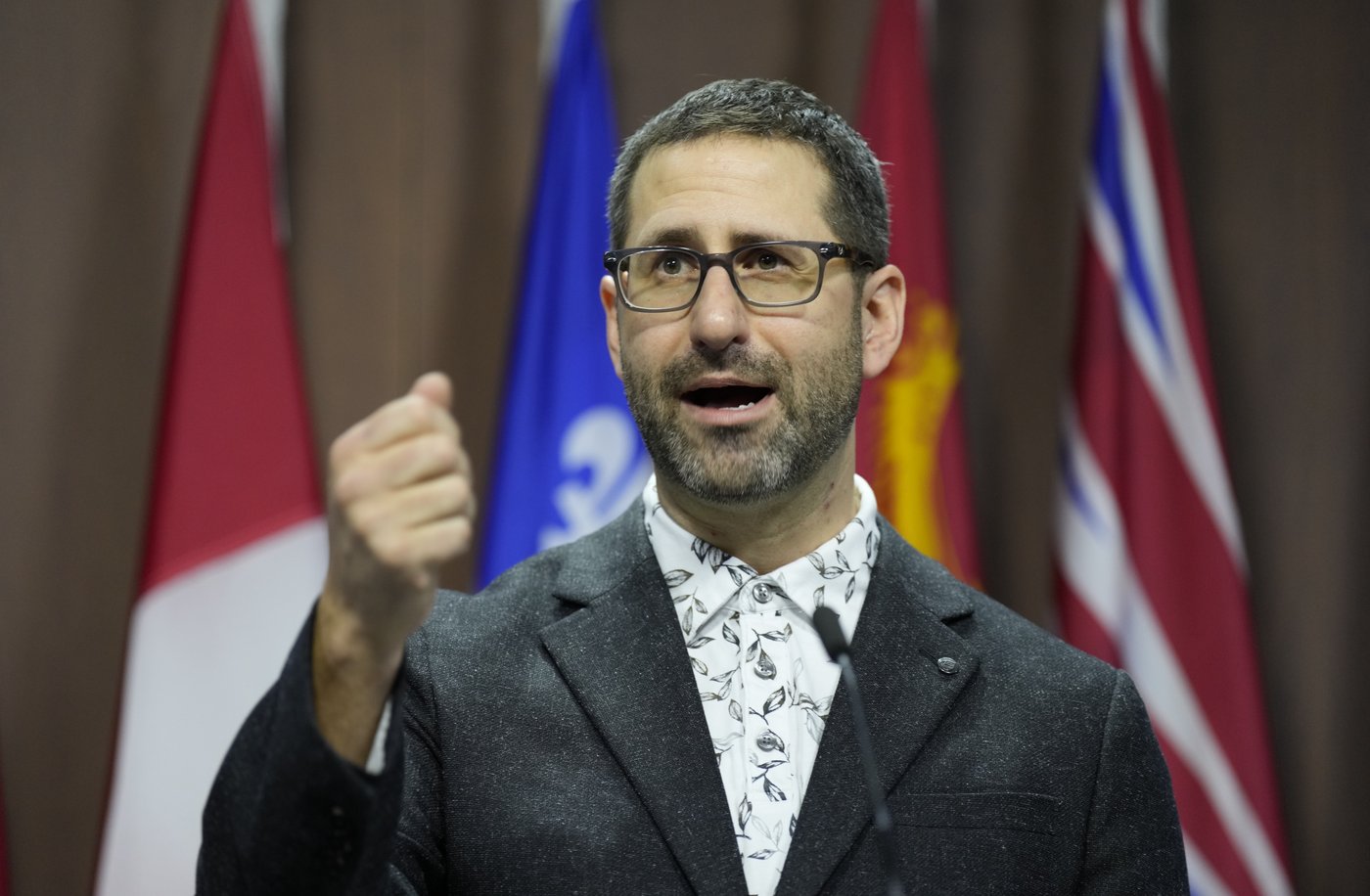Elevate your local knowledge
Sign up for the iNFOnews newsletter today!
[byline]

OTTAWA — The federal ombudsperson for victims of crime is calling for reforms to improve how survivors of sexual violence are treated by the criminal justice system.
Benjamin Roebuck said Wednesday too many survivors describe their experiences with the justice system as more harmful than the assault itself.
“Too many survivors told us that when they came forward, they were disbelieved, retraumatized and further harmed,” he told a press conference on Parliament Hill.
His office released a new report Wednesday based on an 18-month investigation involving interviews with survivors, police, Crown and defence attorneys and judges. The study also looked at academic research and hundreds of court cases and media articles.
“The message was clear. Survivors are silenced by myths and stereotypes that persist in courtrooms and police stations,” Roebuck said.
“They’re retraumatized by invasive cross-examinations and the threat of having their therapy records exposed. They feel abandoned when cases are stayed … leaving them without justice after years of waiting.”
The report found the 2016 Jordan ruling by the Supreme Court of Canada, which established timelines to limit unreasonable criminal trial delays, is causing serious sexual assault charges to be stayed — including cases involving children.
A judicial stay brings the case to an end — which means the question of guilt or innocence is never determined, the report notes.
The report says more than 268 sexual assault cases have been stayed since the Supreme Court decision. In 2022/2023, that amounted to one in seven cases being stayed or withdrawn after exceeding timelines.
The report says the current approach is unsustainable. “It is compromising access to justice, violating victim rights to protection and participation and undermining public confidence in the judicial system in Canada,” it says.
The report calls on the federal government to amend the Criminal Code to set guidelines for judges on dealing with motions for a stay in such cases. It also says victims should be informed of such applications.
The report says many survivors “are angry” at not being warned about the possibility of their cases being dismissed, even after they testified in public, were cross-examined and had their records subpoenaed.
The report also identified numerous other issues — including the impact on survivors when their therapy and counselling records are subpoenaed. It says many survivors feel they have to choose between seeking justice and getting mental health supports.
“We heard from survivors that it’s a profound violation and a breach of trust when the federal government, who has responsibility for the Criminal Code, allows those records to be subpoenaed,” Roebuck told the press conference.
The report calls on the government to make changes to the Criminal Code to protect therapeutic records. It noted that the mere “possibility of therapeutic records being disclosed was sufficient to cut survivors off from access to life-affirming care.”
There are also practical barriers. The report notes that many rural and remote communities don’t have sexual assault evidence kits available, and that 41 per cent of hospitals and health centres “lack either kits or staff who are trained to administer them.”
The report details the stress and trauma survivors experience during cross-examination, which can last for days. It quotes one anonymous survivor who describes it as a “hell I will never forget or forgive. The system set me up for horror.”
The report notes police “often warn survivors that reporting is not worth the pain and suffering it will cause.” It cites the example of one judge who stated that “if their child experienced sexual violence, they would not suggest engaging with the criminal justice system.”
Roebuck said in an interview that children shouldn’t have to testify twice about their assault and he wants to see an end to preliminary hearings for children. While preliminary hearings for most sexual assault cases were ended years ago, they’re still in place for the most serious cases.
“But because we consider sexual offences against children very serious, it means that children are the most likely to have to testify twice, even though we know it’s harmful to them and harmful developmentally,” he said.
This report by The Canadian Press was first published Nov. 19, 2025.
Want to share your thoughts, add context, or connect with others in your community?
You must be logged in to post a comment.